When cooking, it’s important to know what type of oil to use and when. How do you choose the right oil for the right recipe?
Cooking at high heat
Methods: High-heat cooking includes pan frying, sautéing, grilling, and pan-roasting.
Best type of fat: Saturated
Saturated fat is no longer the nutritional public enemy it once was. Recent research has revealed that, when eaten in moderation, saturated fat can have a place in a healthy diet. Additionally, saturated fats have been shown to suffer the least amount of oxidative damage when exposed to high heat.
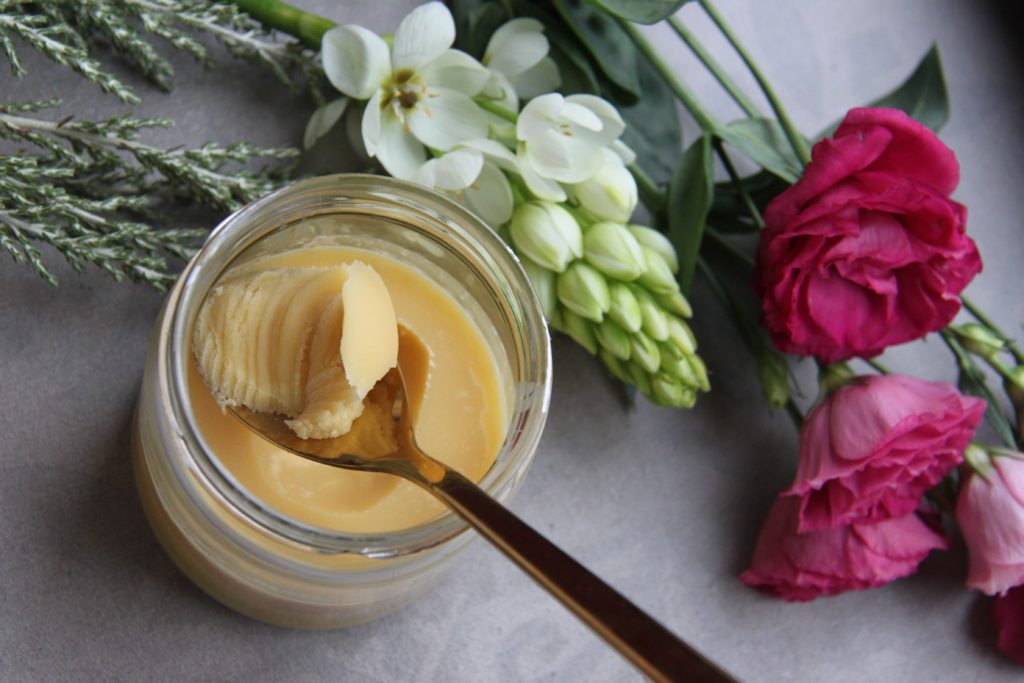
Butter / Ghee
Butter is composed of butterfat, milk solids, and water. Ghee is clarified butter, or, butter with the milk solids and water removed. Both butter and ghee contain short and medium-chain fatty acids, which have been shown to support fat burning, boost metabolism, and help improve muscle function. Butter is also a good source of iodine and selenium – two nutrients that help regulate our thyroid – while the butyric acid in butter can help support digestion.
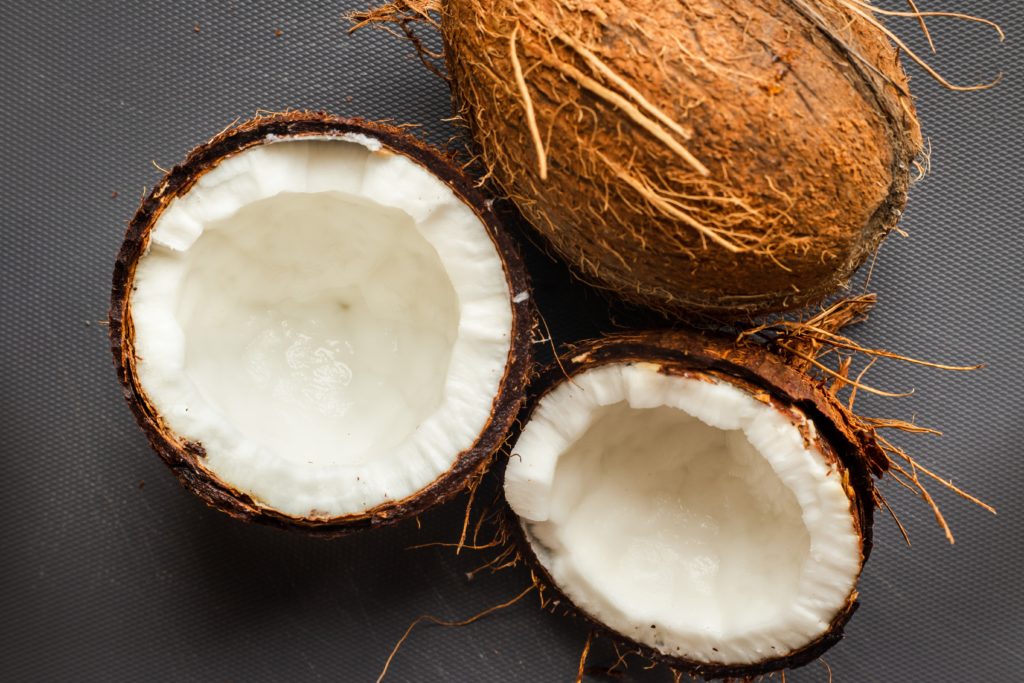
Coconut oil
Coconut oil contains even more medium-chain fatty acids than butter. The most abundant fatty acid in coconut oil is lauric acid, which breaks down to a compound called monolaurin. Some research shows that monolaurin has antibacterial and antiviral properties (Kabara et al. 1972, Ruzin and Novick 2000, Hoffman et al. 2001)
LOW-MEDIUM HEAT
Methods: Medium-heat cooking includes simmering and reductions.
Best fat: Saturated or monounsaturated fats
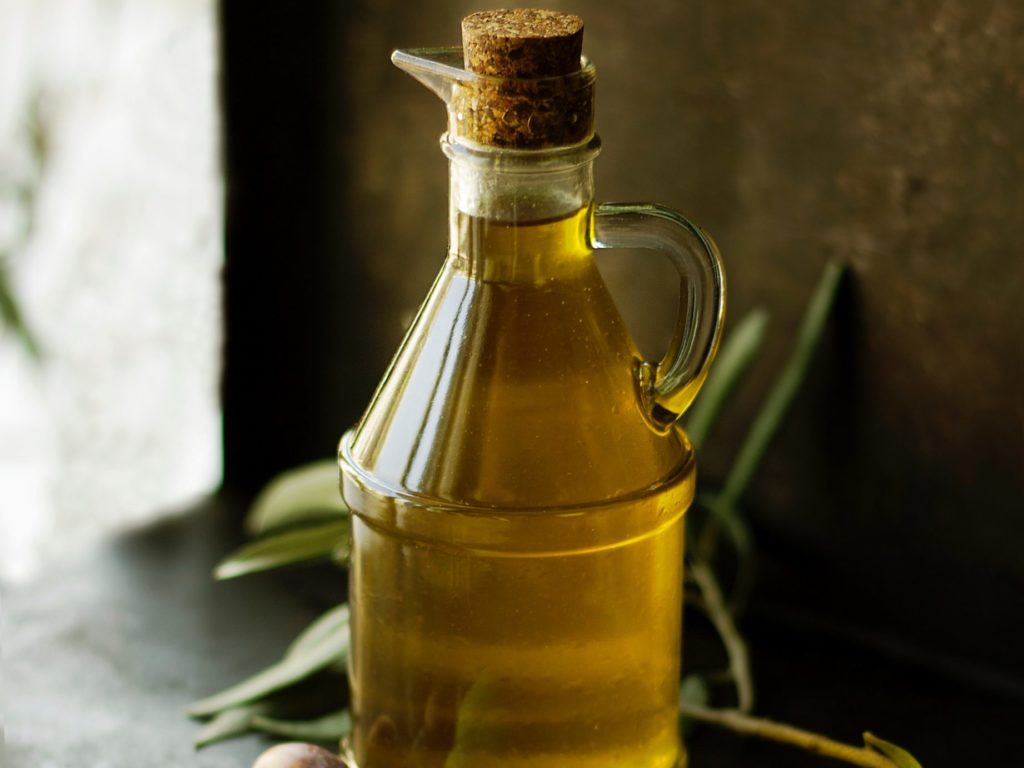
Olive oil
A favorite of chefs and healthcare practitioners alike, olive oil is an excellent source of vitamins K and E and contains the antioxidants oleocanthal and oleuropein, which have been found to promote healthy arterial function and a healthy inflammatory response.
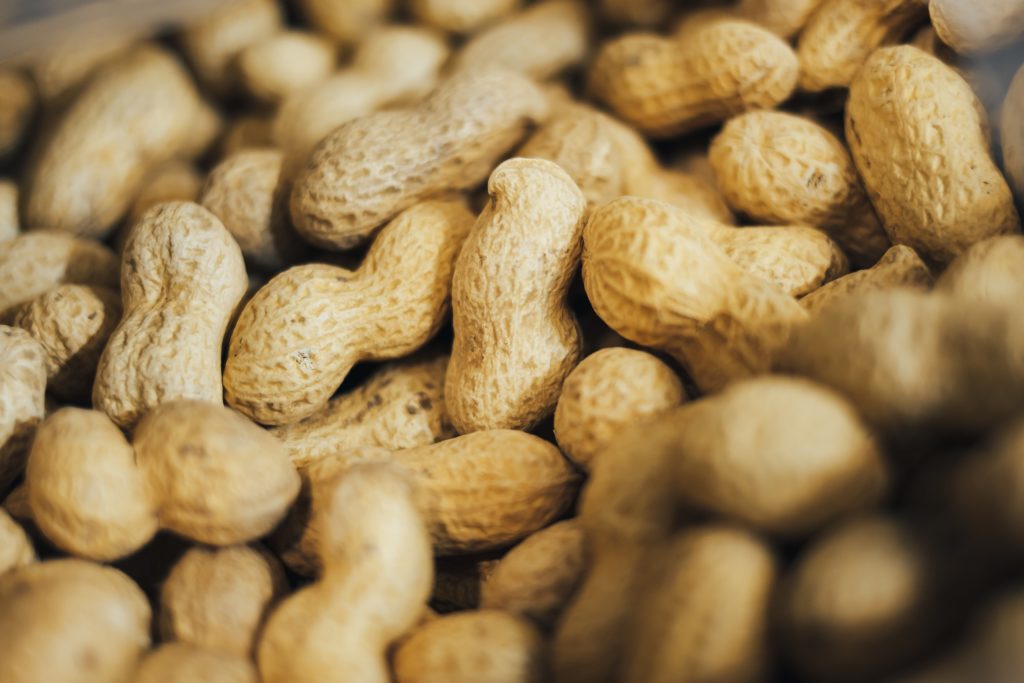
Peanut oil
While peanut oil is popular for frying, it breaks down to about 46% monounsaturated fatty acids, 32% polyunsaturated fatty acids, and 17% saturated fats. Due to this relatively high level of polyunsaturated fatty acids – which are easily damaged by heat – it’s best to keep the temperature at a moderate level when cooking with peanut oil.
NO HEAT
Methods: These oils are best consumed cold, drizzled on top of salads or used as a finishing flavor on cooked dishes.
Best fat: Polyunsaturated fats
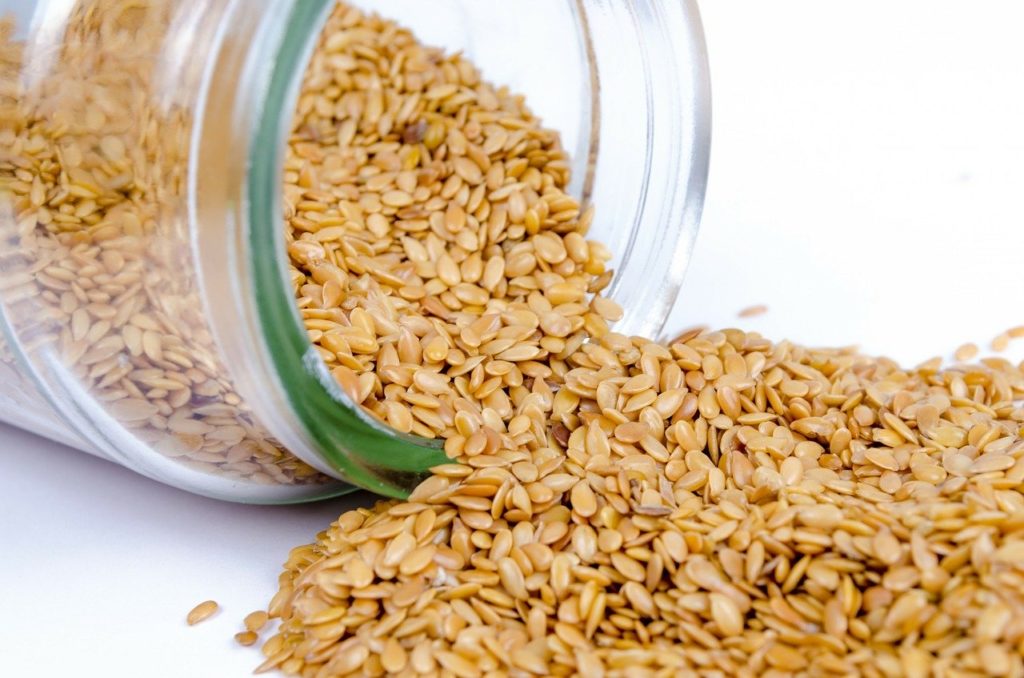
Sesame seed oil
Like olive oil, sesame seed oil is a good source of antioxidant vitamin E. It also contains vitamin K, magnesium, calcium, copper, iron, and zinc.
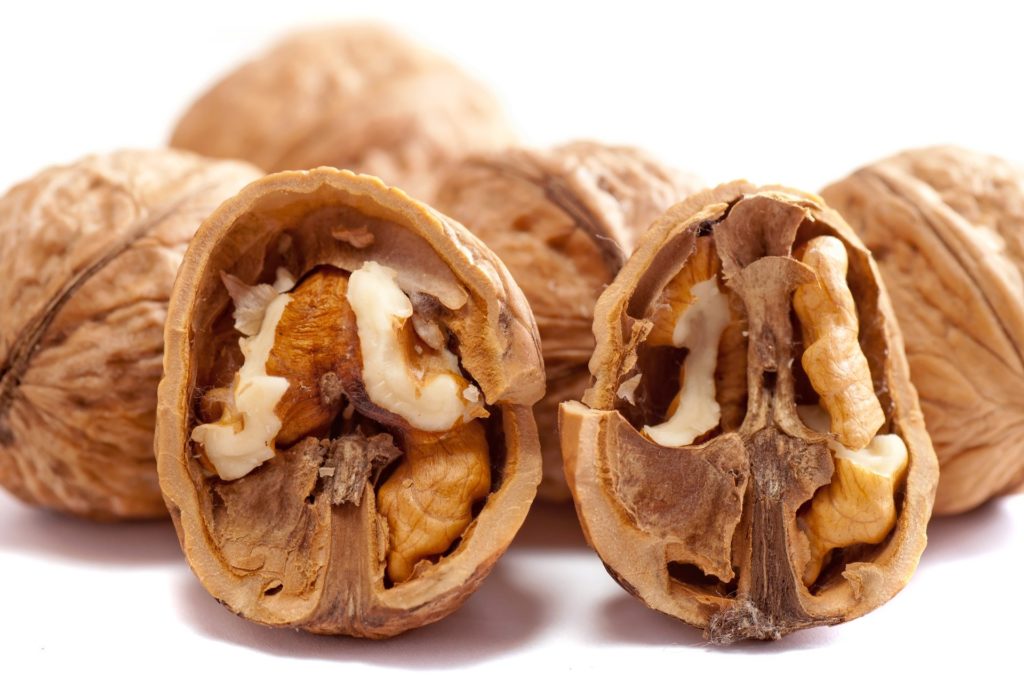
Walnut oil
Of all the tree nut oils, walnut oil is one of the best sources of antioxidants. Walnuts are also an excellent source of omega 3 ALA and a natural source of melatonin – a hormone which helps regulate our sleep.


Comment